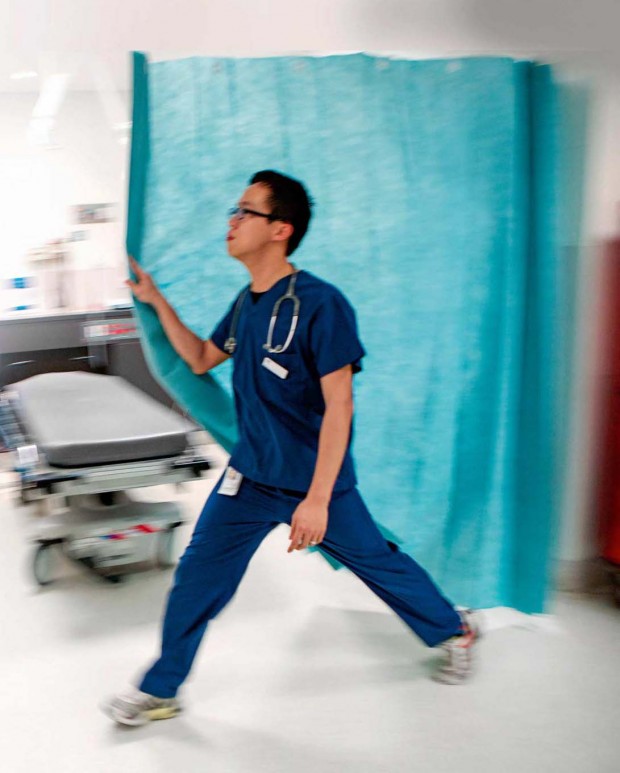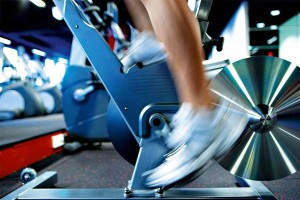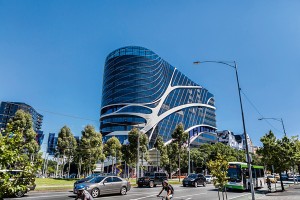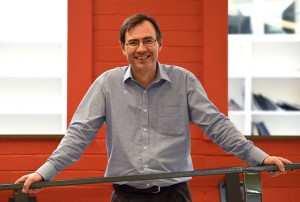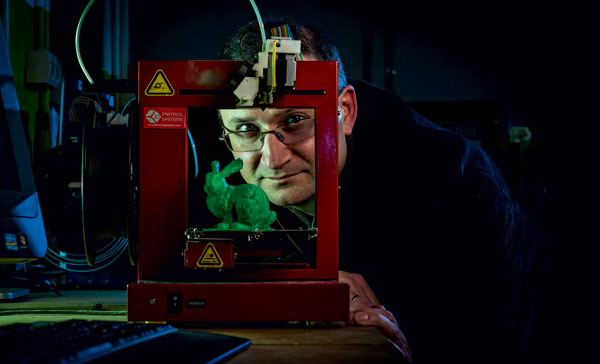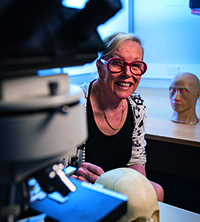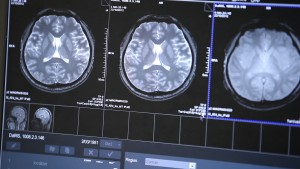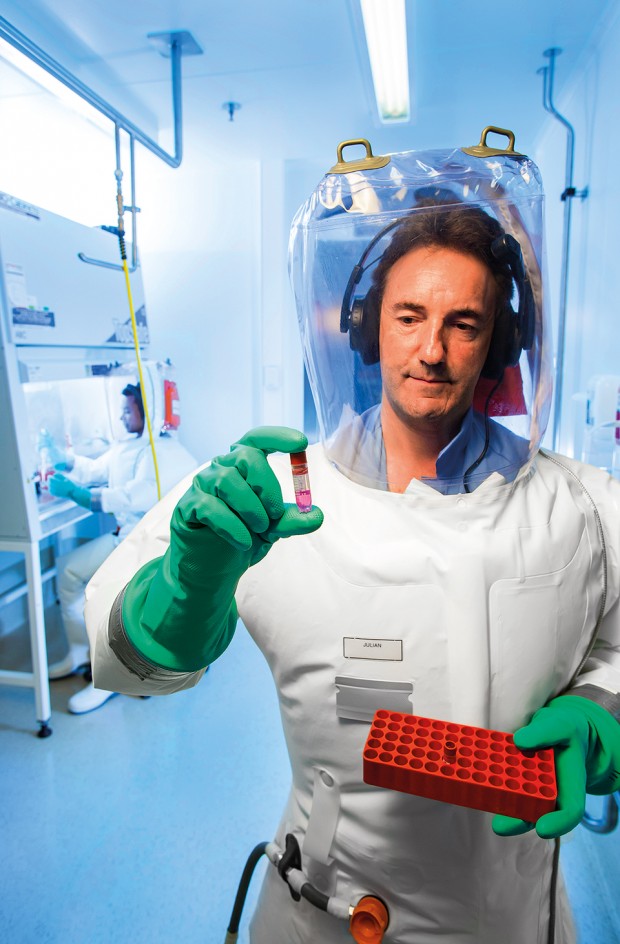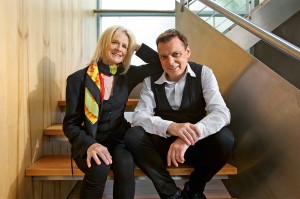It’s called ED. The place people instinctively turn to when they are injured or suddenly ill, and where the doctors are ready for anything.
Regular exercise in middle age is the best lifestyle change a person can make to prevent cognitive decline in the later years.
A striking new building gives Melbourne’s renowned medical and research precinct a fitting entrance.
Lynette Phuong has travelled to Mongolia to advocate for better public health.
A tiny device that captures the brain’s electrical signals may be about to transform medicine.
It’s the stuff of science fiction: printers that can create not just plastic or metal objects, but food and even body parts. Bernard Meade (BA, BSc 1996), organiser of the University’s annual 3D printing showcase, explains how this technology will change how we live. Val McFarlane reports.
When disasters strike, forensic scientist Pamela Craig is often one of the first on the scene, using her dental knowledge to identify victims.
What do marshmallows have to do with economics? The Decision Neuroscience Laboratory is finding out.
A laboratory in Parkville is playing a key role in protecting Australia against the world’s deadliest infectious diseases.
He’s a former IT specialist; she’s an eminent psychiatrist. Now Graeme Simsion and Anne Buist are a literary couple, parlaying their original careers into second lives as novelists.



